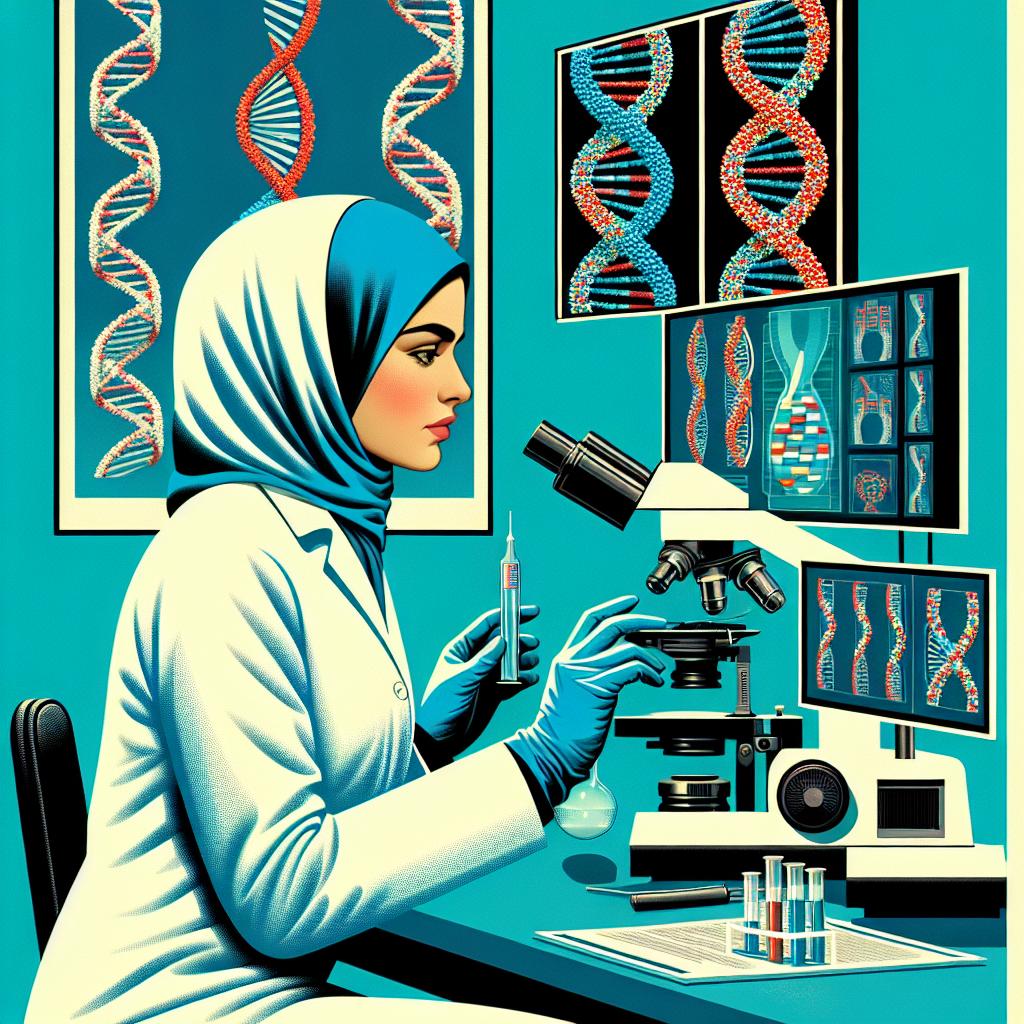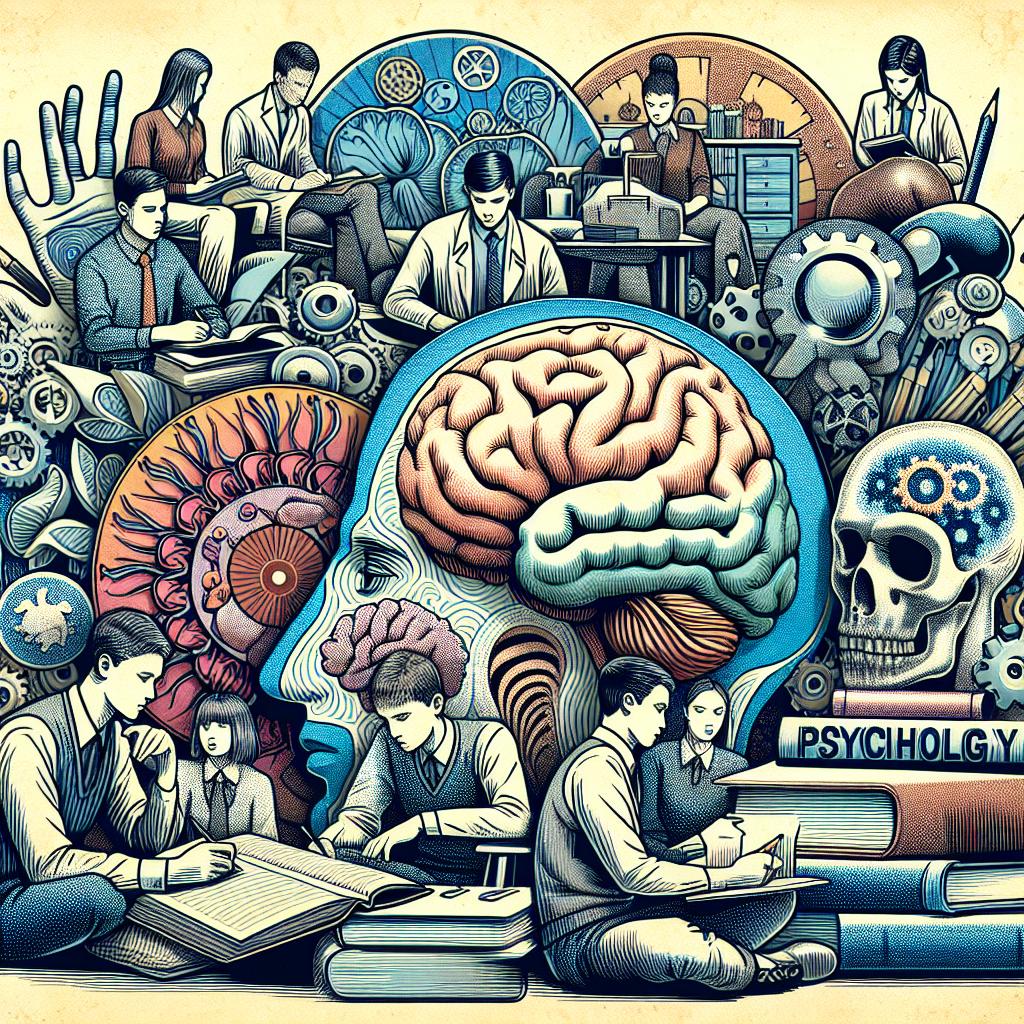The Promise of CRISPR Technology
CRISPR technology, which stands for Clustered Regularly Interspaced Short Palindromic Repeats, is heralded as one of the most groundbreaking advances in genetics. It offers scientists the ability to precisely edit DNA, igniting aspirations of curing genetic diseases that have long plagued humanity. Diseases such as cystic fibrosis, sickle cell anemia, and muscular dystrophy now sit tantalizingly on the horizon of potentially being treatable or even curable. With tools like CRISPR, the realm of genetic possibilities seems limitless, paving the way for advancements in fields like agriculture and medicine.
However, with great promise comes significant responsibility and an urgent need for reflection. Precise editing of DNA raises substantial ethical concerns that society must grapple with as we step into this uncharted territory.
The Designer Babies Debate
One of the most contentious issues surrounding gene editing is the concept of so-called “designer babies.” As scientists develop the capability to not only eliminate genetic diseases but also to enhance physical characteristics and perhaps even intelligence, the conversation shifts from repairing the broken to creating an ideal. This brings forth the question: Should parents have the power to choose not only their child’s health but also their appearance and abilities?
Critics argue that such advancements will generate a world steeped in genetic inequality, where the wealthy can afford to engineer their offspring while others cannot—a modern form of selective breeding. This brings to mind dystopian visions often presented in literature and film, where society is divided not by class, but by engineered genetic superiority.
“The ethical dilemmas surrounding CRISPR technology can feel like a race against a clock, where scientific momentum could outpace our ethical frameworks.”
The Global Response: Guiding Stances on Gene Editing
In recognition of these challenges, international guidelines are beginning to emerge to address the ethical and safety concerns sparked by gene editing technologies. The World Health Organization (WHO) has convened an expert advisory committee dedicated to examining these technologies and providing recommendations on their ethical use. This moves beyond mere regulations, reminding us that the policy surrounding genetic editing must evolve in tandem with technological advancements.
While some countries have moved forward with regulations and oversight regarding edits to human embryos and genetic tissues, others remain on the sidelines, hesitant or outright resistant to the allure of gene manipulation. These varied stances do not merely reflect differences in scientific progress, but also cultural attitudes toward life, the nature of human genetics, and notions of moral responsibility.
As nations craft their unique responses, the global dialogue must remain focused on transparency and protection for all individuals involved. Opportunities for collaboration between scientists, ethicists, policymakers, and the general public can lay the groundwork for effective governance, ensuring that gene editing serves the greater good.

Historical Context and Lessons Learned
This is not the first time humanity has stood at a technological crossroad. Looking back at history, we find similar ethical dilemmas: the nuclear age, cloning in the late 20th century, and even in the realms of artificial intelligence. Each of these advances prompted extensive debate, revealing societal fears about our pervading power and the unforeseen consequences that could arise from it.
In the mid-20th century, debates over nuclear weapons underscored similar ethical considerations. The race for nuclear capability led to fears of worldwide annihilation and debates over moral imperatives. Fast forward to contemporary times, where the loyalty of past lessons is challenged due to the growing autonomy of research and profit-driven efforts that may sideline ethical considerations.
Just as the atomic bomb fueled a renewed commitment to international collaboration and treaties aimed to curb nuclear proliferation, the emergence of extensive genetic manipulation might similarly galvanize calls for frameworks governing CRISPR use. Foresight now can help set boundaries that can nurture advancement without letting hubris propel us to recreate a world driven by inequality and manufactured superiority.
In summary, as we navigate this intricate maze of ethical questions surrounding gene editing technologies, we find ourselves challenged to confront not just the potential medical miracles of CRISPR, but the societal ramifications of its usage. The handle of power that genetic modification represents compels us to remain thoughtful and vigilant.



